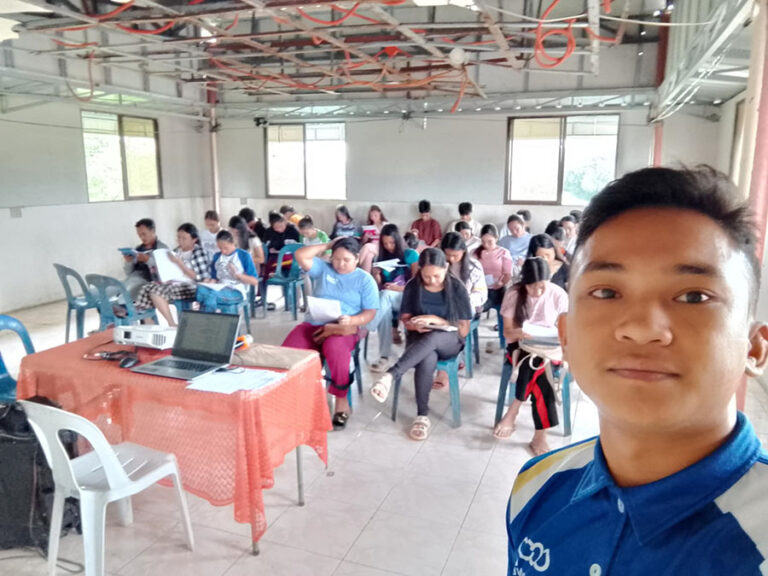Businesses in Malaysia, including small and medium scale enterprises, are looking forward to greater market access opportunities under the just-signed Trans-Pacific Partnership Agreement, Minister of International and Industry Datuk Seri Mustapa Mohamed said here Thursday.
He said the textile, electrical and electronics, palm oil and rubber industries were also among sectors that were keen to exploit opportunities arising from an expanded market and lower tariffs under the new pact.
“We believe market access is very important for Malaysia especially with countries we don’t have free trade agreements such as the United States, Canada, Mexico and Peru.
“Market access is indeed one of the reasons we are in the TPPA,” he said at a joint press conference with 11 other signatories to the deal.
Mustapa signed the landmark trade pact on behalf of Malaysia.
These four countries account for about 74 per cent of the market size of the TPPA economic bloc with a Gross Domestic Product (GDP) of about US$21 trillion as of 2014.
Asked if Malaysia and Vietnam were set to benefit more than the rest of the TPPA members, the trade minister said there were many views and studies on the trade pact with claims of benefits either far too small or favouring select countries.
“The issue is, these are models and studies based on assumptions. For us in Malaysia, we have been talking to people in the textile, electrical and electronics, palm oil and rubber products industries.
Mustapa said businesses were looking forward to reap the benefits that would be forthcoming from the TPPA in terms of market access.
The government has taken into consideration opinions from the ground, the practitioners and people in the industry and they have been very supportive.
Besides market access, the TPPA was also about tariffs, standards transparency and governance as well as cooperation, which includes development of the small and medium enterprises, he said.
On the ratification process, the minister said the Malaysian law did not require any trade pact to go to Parliament for approval.
The 12 countries in the TPPA tade pact namely Australia, Brunei, Canada, Chile, Japan, Malaysia, Mexico, New Zealand, Peru, Singapore, United States and Vietnam have two years to ratify the agreement before it comes into force in 2018.
“Not withstanding that and in view of the importance of the agreement and a very controversial (one) for Malaysia and of course in many other countries. We have decided to go to Parliament and that was done last week.
“We have taken unprecedented steps by going to Parliament although it is not required under our laws and the purpose was to promote greater debate and discussion and of course to get a better buy-in from various stakeholders,” Mustafa added.
The agreement was overwhelmingly approved by both the Lower House and Upper House on Jan 27 and Jan 28, respectively.
Mustapa reiterated that Malaysia was probably the only country among the 12 nations which received Parliament approval and ratification, although the laws do not require the government to do so.
However, challenges remain as Malaysia needs to amend 26 laws and regulations on labour and intellectual property rights to meet the requirements of TPPA.(Mohd Iswandi Kasan Anuar)
Link: http://www.bernama.com/bernama/v8/newsindex.php?id=1212979



